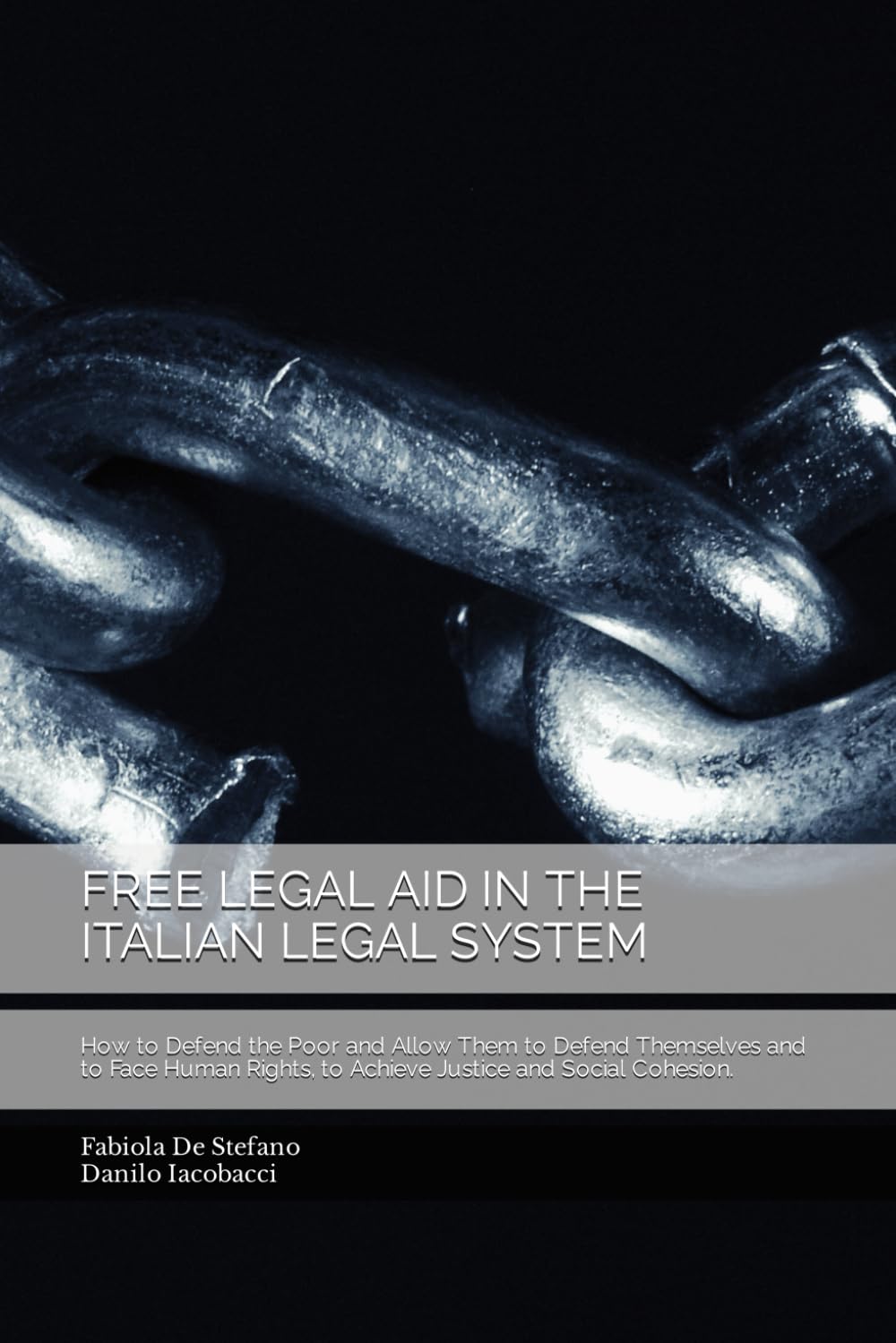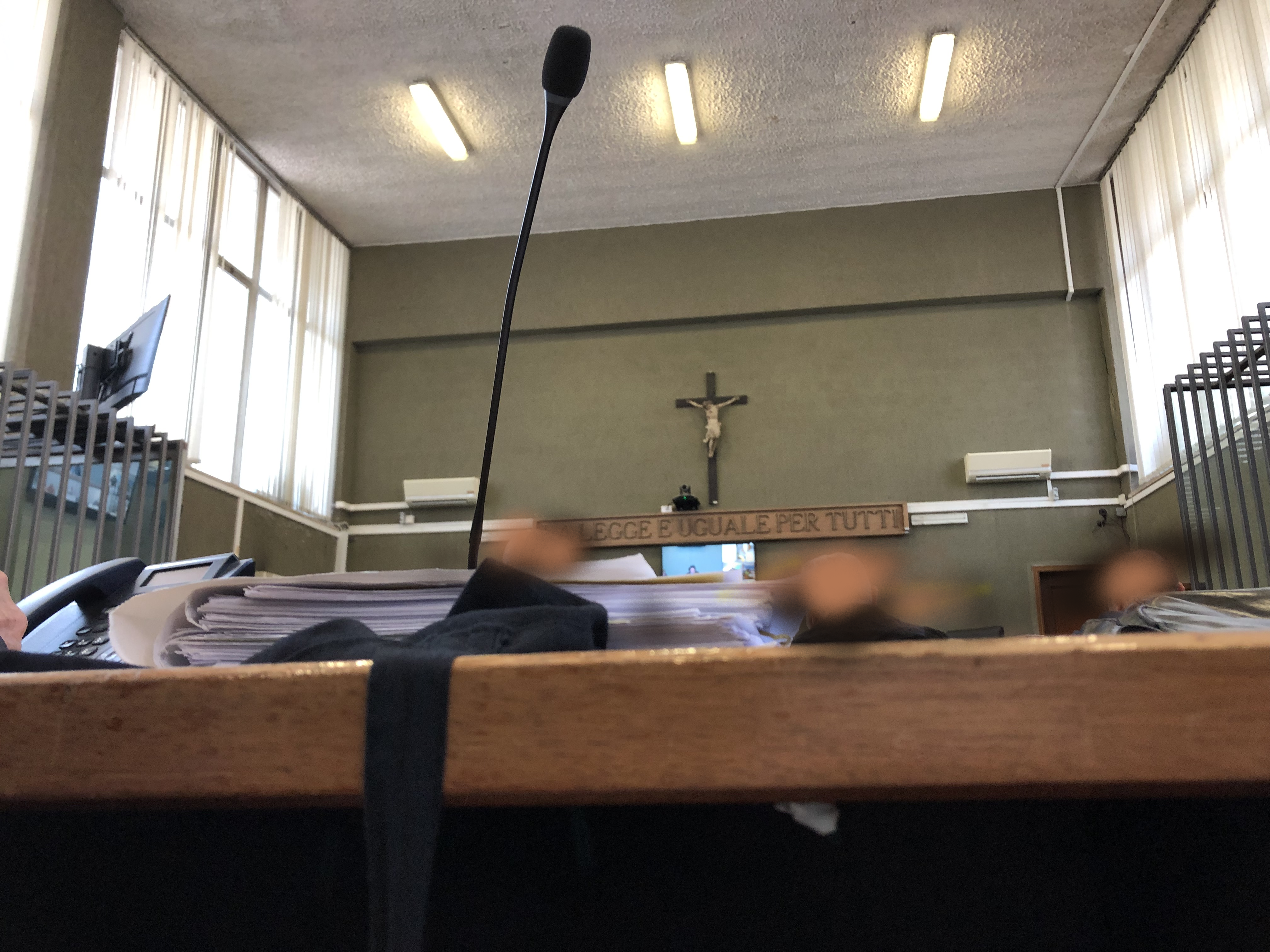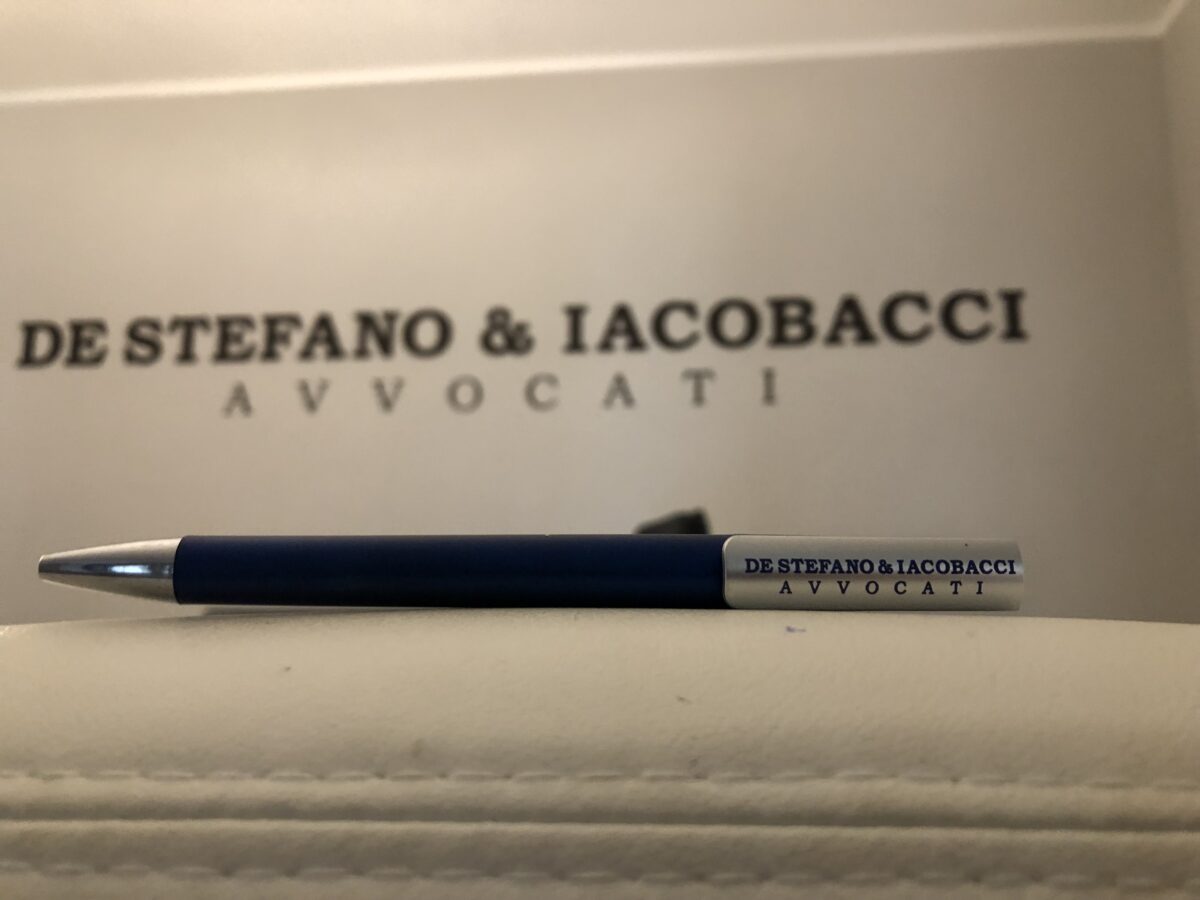What are the CPRs that Minister Piantedosi proposes to strengthen in Italy in September 2023?
by De Stefano & Iacobacci Avvocati
CPRs, or Pre-Removal Centers, are temporary reception facilities for irregular foreigners who must be returned to their country of origin. In Italy, CPRs are managed by the Ministry of the Interior and are present in several regions of the country.
The proposal by Interior Minister Matteo Piantedosi to extend the maximum stay limit in CPRs from 6 to 18 months is a controversial measure that has been met with strong criticism from some non-governmental organizations.
The main objectives of this proposal are:
- To strengthen the effectiveness of deportations, by increasing the time available to the authorities to organize the return of irregular foreigners to their country of origin.
- To discourage irregular immigration, by making it more difficult for irregular foreigners to remain in Italy long-term.
Supporters of the proposal argue that extending the maximum stay limit in CPRs will help to make the deportation process more efficient and to discourage irregular immigration.
Opponents of the proposal, on the other hand, argue that it is an unjustified form of administrative detention that violates the human rights of migrants.
What is it?
The proposal by Minister Piantedosi is a significant intervention in Italian migration policy. Extending the maximum stay limit in CPRs represents a significant change from the current legislation, which allowed for a maximum of 90 days of detention.
The increase in the detention period is justified, according to the Minister, by the need to strengthen the effectiveness of deportations. In fact, deportations in Italy are often hampered by a number of factors, including:
- Lack of cooperation from irregular foreigners, who may attempt to avoid deportation through various means, such as filing an appeal with the court or applying for asylum.
- Slowness of bureaucratic procedures, which can take several months or even years to complete.
- Lack of cooperation from countries of origin, which may refuse to accept the return of their citizens.
However, extending the maximum stay limit in CPRs has been met with criticism from some non-governmental organizations, which consider it an unjustified form of administrative detention.
In particular, non-governmental organizations argue that detention in CPRs is a coercive measure that violates the human rights of migrants. Migrants, in fact, are deprived of their personal freedom without having been convicted of a crime.
In addition, non-governmental organizations point out that detention in CPRs can have negative consequences for migrants, both from a psychological and social point of view. Detention, in fact, can lead to trauma, isolation, and loss of hope.
Effects
To illustrate the potential effects of Minister Piantedosi’s proposal, it is possible to refer to some concrete examples.
For example, an irregular migrant who is detained in a CPR for 18 months has more time to try to avoid deportation. The migrant can try to obtain a residence permit, appeal the deportation order, or find a way to remain in Italy illegally.
In addition, an irregular migrant who is detained in a CPR for 18 months is more exposed to the risk of abuse or violence. CPRs are often overcrowded and under-resourced, which can create an environment conducive to violent behavior.
Extension
In addition to the aspects already mentioned, it is also possible to consider other aspects related to Minister Piantedosi’s proposal.
For example, it is possible to ask if extending the maximum stay limit in CPRs is actually able to reduce the number of irregular migrants in Italy. In fact, it is possible that the proposal will have the opposite effect, namely that of encouraging irregular immigration.
In addition, it is possible to ask what resources are necessary to ensure the respect for the human rights of migrants in CPRs. In fact, extending the maximum stay limit in CPRs will require an increase in the resources allocated to the management of CPRs, both in terms of personnel and facilities.
Conclusion
Minister Piantedosi’s proposal is a controversial measure that has the potential to have a significant impact on Italian migration policy. The proposal has been met with criticism from some non-governmental organizations, which consider it an unjustified form of administrative detention.
However, it is still too early to say what the concrete effects of the proposal will be. Extending the maximum stay limit in CPRs could have the effect of strengthening the effectiveness of deportations, but it could also have negative consequences for migrants.



